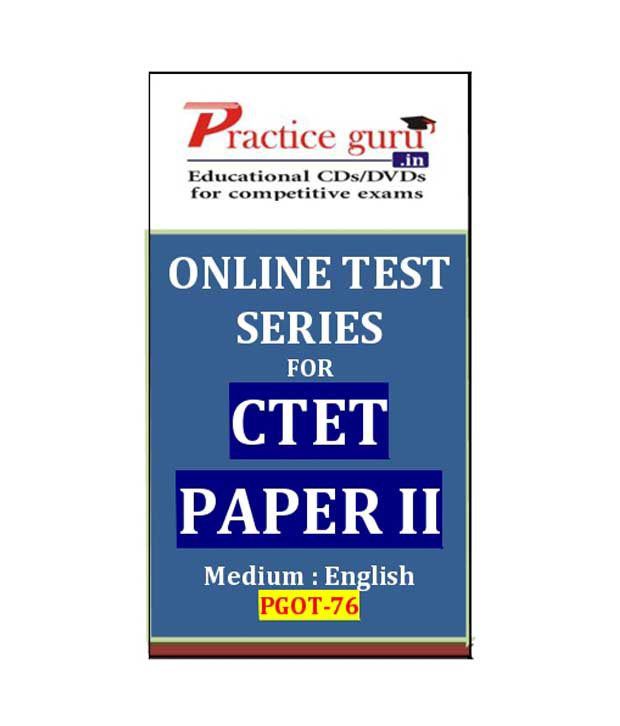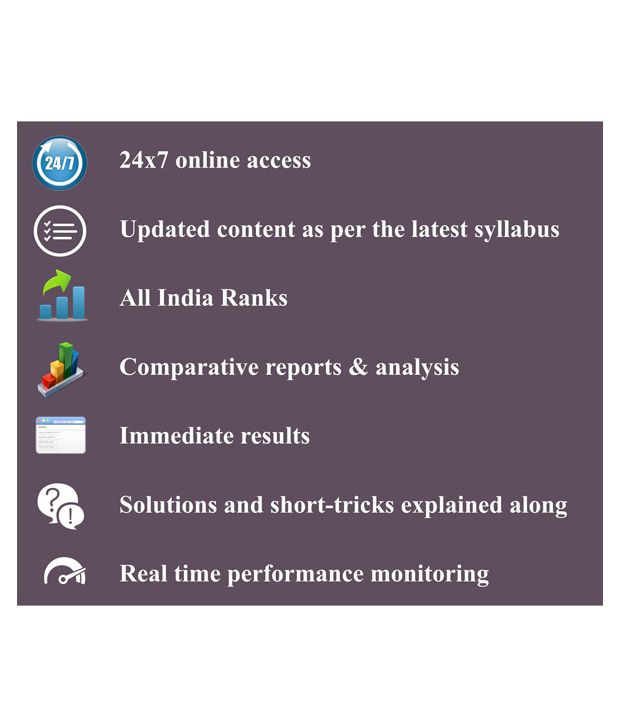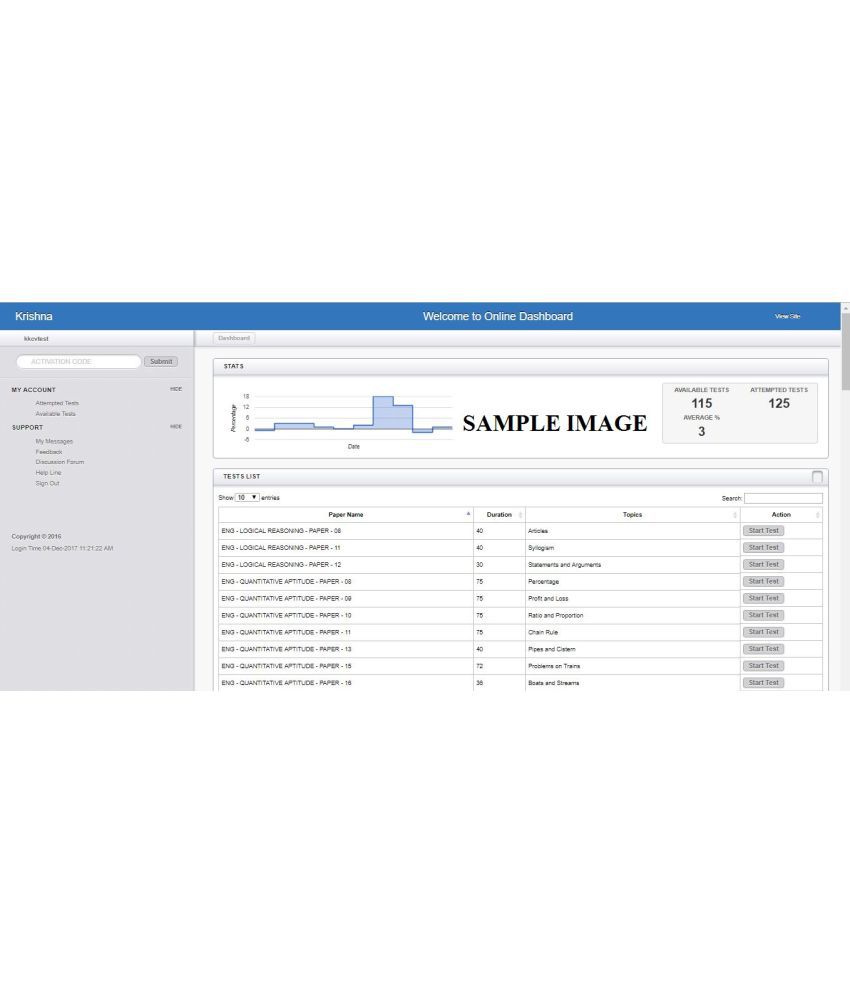I. Child Development and Pedagogy
a) Child Development (Primary School Child) Concept of development and its relationship with learning, Principles of the development of children, Influence of Heredity & Environment, Socialization processes: Social world & children (Teacher, Parents, Peers), Piaget, Kohlberg and Vygotsky: constructs and critical perspectives, Concepts of child-centered and progressive education, Critical perspective of the construct of Intelligence, Multi Dimensional Intelligence, Language & Thought, Gender as a social construct; gender roles, gender-bias and educational practice, Individual differences among learners, understanding differences based on diversity of language, caste, gender, community, religion etc., Distinction between Assessment for learning and assessment of learning; School-Based Assessment, Continuous & Comprehensive Evaluation: perspective and practice, Formulating appropriate questions for assessing readiness levels of learners; for enhancing learning and critical thinking in the classroom and for assessing learner achievement,
b) Concept of Inclusive education and understanding children with special needs Addressing learners from diverse backgrounds including disadvantaged and deprived, Addressing the needs of children with learning difficulties, ‘impairment’ etc, Addressing the Talented, Creative, Specially baled Learners
c) Learning and Pedagogy How children think and learn; how and why children ‘fail’ to achieve success in school performance, Basic processes of teaching and learning; children’s strategies of learning; learning as a social activity; social context of learning. Child as a problem solver and a ‘scientific investigator’ Alternative conceptions of learning in children; understanding children’s ‘errors’ as significant steps in the learning process, Cognition & Emotions, Motivation and learning, Factors contributing to learning- personal & environmental
II. Language
a) Language Comprehension Reading unseen passages- two passages one prose or drama and one poem with questions on comprehension, inference, grammar and verbal ability (Prose passage may be literary, scientific, narrative or discursive)
b) Pedagogy of Language Development Learning and acquisition, Principles of language Teaching, Role of listening and speaking; function of language and how children use it as a tool, Critical perspective on the role of grammar in learning a language for communicating ideas verbally and in written form, Challenges of teaching language in a diverse classroom; language difficulties, errors and disorders, Language Skills, Evaluating language comprehension and proficiency: speaking, listening, reading and writing, Teaching-learning materials: Textbook, multi-media materials, multilingual resource of the classroom, Remedial Teaching
III. Language
a) Comprehension Two unseen prose passages (discursive or literary or narrative or scientific) with questions on comprehension, grammar and verbal ability
b) Pedagogy of Language Development Learning and acquisition, Principles of language Teaching, Role of listening and speaking; function of language and how children use it as a tool, Critical perspective on the role of grammar in learning a language for communicating ideas verbally and in written form Challenges of teaching language in a diverse classroom; language difficulties, errors and disorders, Language Skills, Evaluating language comprehension and proficiency: speaking, listening, reading and writing, Teaching-learning materials: Textbook, multi-media materials, multilingual resource of the classroom, Remedial Teaching, Geometry, Shapes & Spatial, Understanding, Solids around Us, Numbers, Addition and Subtraction, Multiplication, Division, Measurement, Weight, Time, Volume, Data Handling, Patterns, Money
c) Pedagogical issues Nature of Mathematics/Logical thinking; understanding children’s thinking and reasoning patterns and strategies of making meaning and learning, Place of Mathematics in Curriculum, Language of Mathematics, Community Mathematics,
IV. Mathematics
Mathematics Number System, Knowing our Numbers, Playing with Numbers, Whole Numbers, Negative Numbers and Integers, Fractions, Algebra, Introduction to Algebra, Ratio and Proportion, Geometry, Basic geometrical ideas (2-D), Understanding Elementary Shapes (2-D and 3-D), Symmetry: (reflection), Constructions (using Straight edge Scale, protractor, compasses), Mensuration, Data handling b) Pedagogical issues Nature of Mathematics/Logical thinking, Place of Mathematics in Curriculum, Language of Mathematics, Community Mathematics, Evaluation, Remedial Teaching, Problems of Teaching
V. Science:
Food, Sources of food, Components of food, Cleaning food, Materials, Materials of daily use The World of the Living Moving Things People and Ideas How thins work, Electric current and circuits, Magnets, Natural Phenomena, Natural Resources b) Pedagogical issues Nature & Structure of Sciences, Natural Science/Aims & objectives, Understanding & Appreciating Science, Approaches/Integrated Approach, Observation/Experiment/Discovery(Method of Science), Innovation Text Material/Aids, Evaluation- cognitive/psychomotor/affective, Problems, Remedial Teaching,
VI. Social Studies/ Social Sciences :
a) Content:
(i) History When, Where and How, The Earliest Societies, The First Farmers and Herders, The First Cities, Early States, New Ideas, The First Empire, Contacts with Distant lands, Political Developments, Culture and Science, New Kings and Kingdoms, Sultans of Delhi, Architecture, Creation of an Empire, Social Change, Regional Cultures, The Establishment of Company Power, Rural Life and Society, Colonialism and Tribal Societies, The Revolt of 1857-58, Women and reform, Challenging the Caste System, The Nationalist Movement, India After Independence,
(ii) Geography Geography as a social study and as a science, Planet: Earth in the solar system, Globe, Environment in its totality: natural and human environment. Air, Water, Human Environment: settlement, transport and communication. Resources: Types- Natural and Human, Agriculture,
(iii) Social and Political Life Diversity, Government, Local Government, Making a Living, Democracy, State Government, Understanding Media, Unpacking Gender, The Constitution, Parliamentary Government, The Judiciary, Social Justice and the Marginalized c) Pedagogical issues Concept & Nature of Social Science/Social Studies, Class Room Processes, activities and discourse, Developing Critical thinking, Enquiry/Empirical Evidence, Problems of teaching Social Science/Social Studies, Sources – Primary & secondary, Projects Work, Evaluation
+ MOCK TESTS for CTET PAPER II
+ MOCK TESTS for CTET PAPER II
Additional Features!
1. Real Time Performance Monitoring
2. 24x7 Availability
3. All India Ranks
4. Comparative Reports & Analysis
5. Latest Updated Content
6. Immediate Results
7. Solutions and Short-Tricks Explained Along




